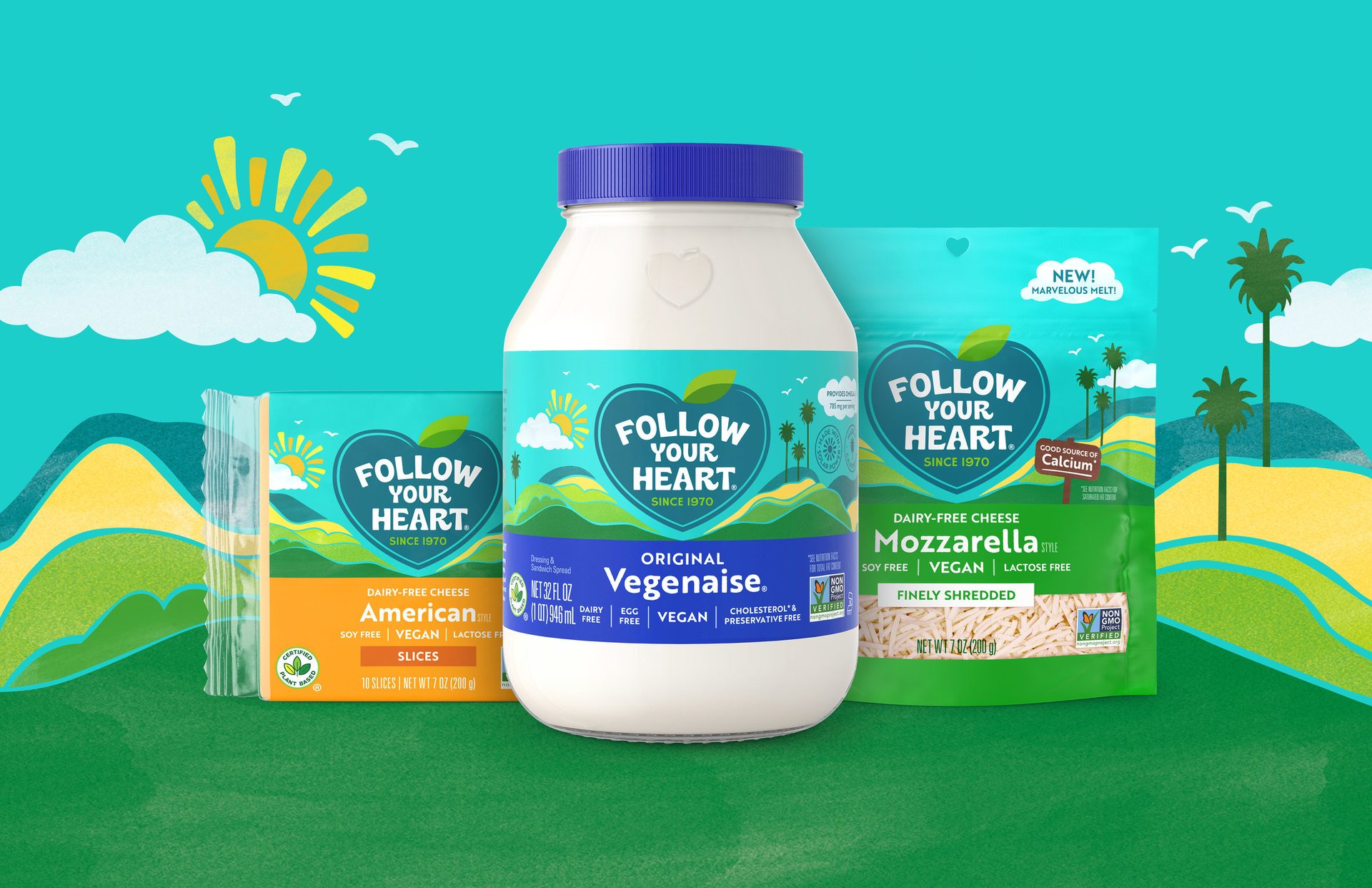
Another year, another top spot for Nestlé. By product category, the largest contributor to organic growth for Nestlé was coffee, fueled by strong momentum for the three main brands Nescafé, Nespresso and Starbucks. Sales of Starbucks products grew by 17.1% to reach CHF 3.1 billion, generating more than CHF 1 billion of incremental sales compared with 2018, the company revealed in its 2021 full-year report. This year, Nestlé notably transformed its global water business, sharpening its focus on international premium and mineral water brands and healthy hydration products. In March, Nestlé completed the acquisition of Essentia Water, a premium functional water brand in the U.S., and the sale of its regional spring water brands, purified water business and beverage delivery service in the U.S. and Canada. Across its portfolio, Nestlé completed acquisitions and divestments with a total value of around CHF 9.9 billion in 2021.
PepsiCo remains the second-largest food and beverage company in the world although YOY revenue increased, the company is bracing for a challenging future. Inflation in prices for ingredients combined with higher shipping costs will hurt its prospects next year.
Despite the challenges, the combined revenue of the food and beverage market this year was $435.3 billion and is expected to grow to a staggering $857B by 2025.*

Follow Your Heart’s brand packaging was updated shortly before the Danone acquisition.
Courtesy of Chase Design
Highlights of the Year
- In February, Danone added to its plant-based portfolio with the acquisition of Follow Your Heart, which began as a health food store in 1970. Financial details were not disclosed.
- In November, Coca-Cola announced it was acquiring energy drink company BodyArmor for $5.6 billion. The deal values the company at $8 billion total, with the beverage giant already owning 30% of the company, per a Reuters report, having initially acquired a 15% stake in the company in 2018.
- This deal marks the largest brand acquisition in the company’s history, according to MSNBC, and it comes after Bodyarmor took over as the second-highest selling sports drink, unseating Coca-Cola’s Powerade. Even with this acquisition, however, Coca-Cola will remain well behind PepsiCo, which holds the lion’s share of the category with the success of its Gatorade brand.
- Sanderson Farms was acquired by Cargill and Continental Grain for $4.53 billion.
- Hormel purchased Planters from Kraft Heinz for $3.35 billion, making it the largest acquisition in the company’s 131 year history.
- PepsiCo sold its juice portfolio including Tropicana, Naked and other select juice brands across North America, to PAI Partners with an irrevocable option to sell certain juice businesses in Europe, which will result in combined pre-tax cash proceeds of approximately $3.3 billion.
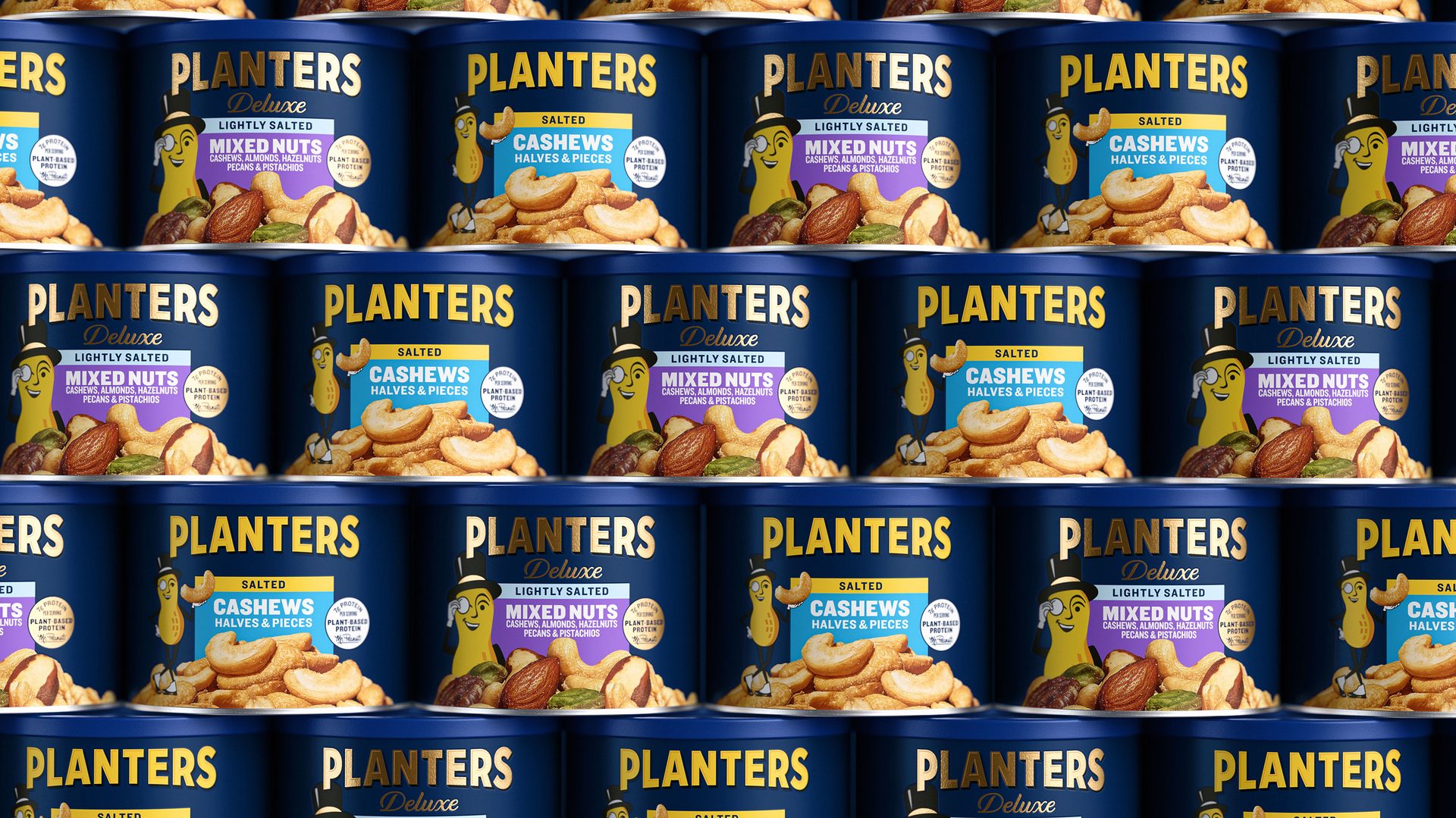
The purchase of Planters marked Hormel’s largest purchase to date.
Courtesy of Planters
- Hormel purchased Planters from Kraft Heinz for $3.35 billion, making it the largest acquisition in the company’s 131 year history.
- In December, The Hershey Company completed its acquisition of Dot's Pretzels, the owner of Dot's Homestyle Pretzels, and Pretzels Inc., a leading manufacturer of pretzels in the U.S. The combined purchase price was $1.2 billion, or approximately $1 billion of investment net of expected future tax benefits, as previously announced.
- Mondelēz International acquired Hu Master Holdings, the parent company of Hu Products, a fast-growing snack and confectionery company for an estimated $340 million.
- Post bought TreeHouse Foods’ cereal business for $85 million.
- Total Produce, Dole Food Company and affiliates of Castle & Cooke, Inc., which own a 55% interest in Dole’s parent company, Dole Holdings, combined under a newly created, U.S. listed company, Dole Plc making it a top global provider of fresh produce.
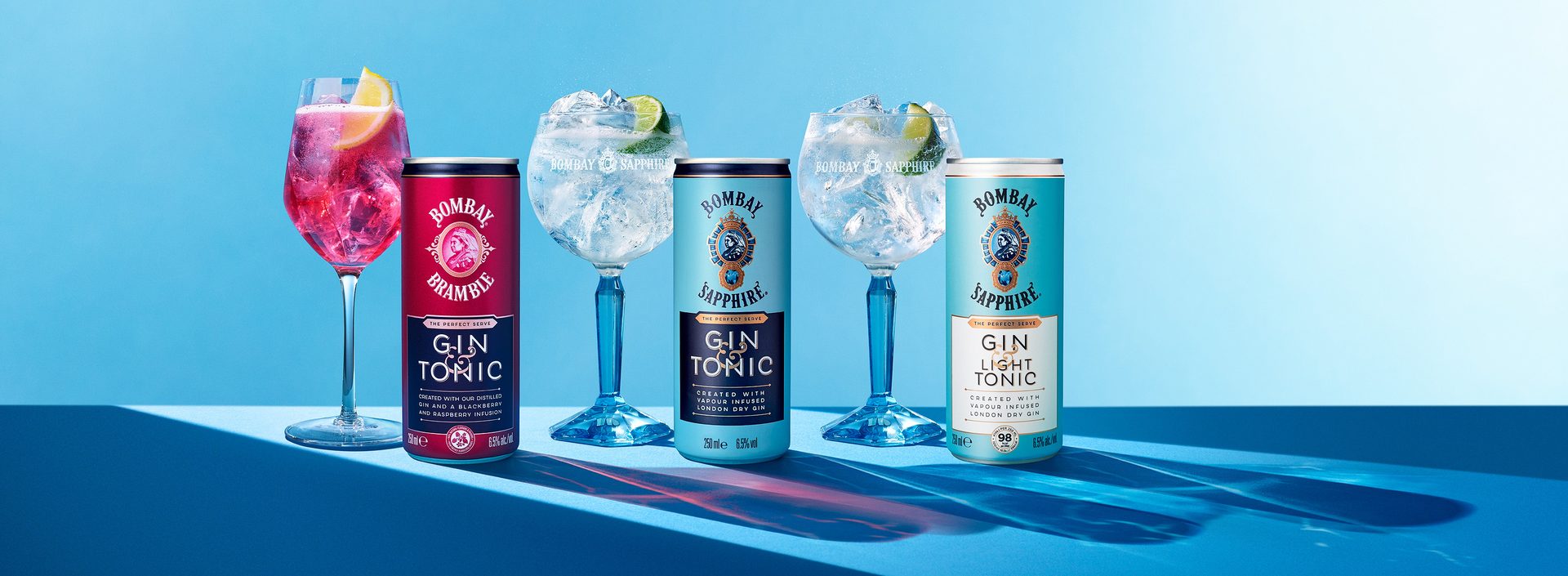
The metal material of the can helps protect the liquid from sunlight keeping the G&T fresher and colder for longer.
Courtesy of Barcardi
RTD & Low-ABV Booze Boom
In a bid to ride the post-pandemic sales boom, Bacardi North America is launching a record amount of new products this year.
The privately-held parent company behind brands like Bacardi Rum and Patron is set to launch more than 40 new products this year, which a brand spokesperson said is the most launched in a single year in the company’s 159-year history. Many of the launches have been and will be in trending subcategories like ready-to-drink (RTD) and low-alcohol-by-volume (low-ABV). In the beginning of 2021 alone, Bacardi has tripled and quadrupled respectively its RTD and low-ABV product launches, compared to the full year of 2020.
E&J Gallo Winery also announced the acquisition of wine brands including, Taylor, Clos du Bois, Hogue, Wild Horse, Arbor Mist, Ravenswood and Manischewitz.
Dairy Drama
Chobani, founded in 2005 by Hamdi Ulukaya, filed to go public through an initial public offering on Nov. 17, 2021, amid a surge in investor interest in health-focused and socially responsible companies. The company did not disclose the number of shares to be sold or the offering price, but Chobani was estimated to be valued at $10 billion.
The public offering was expected to happen in January 2022 but in March Chobani’s top executives, including the president and COO Peter McGuiness, abruptly resigned, causing delays. Today’s volatile stock market and disappointing performance by previous food company IPOs has created further delays pushing the public offering to the second half of 2022 or even 2023, according to the Wall Street Journal.
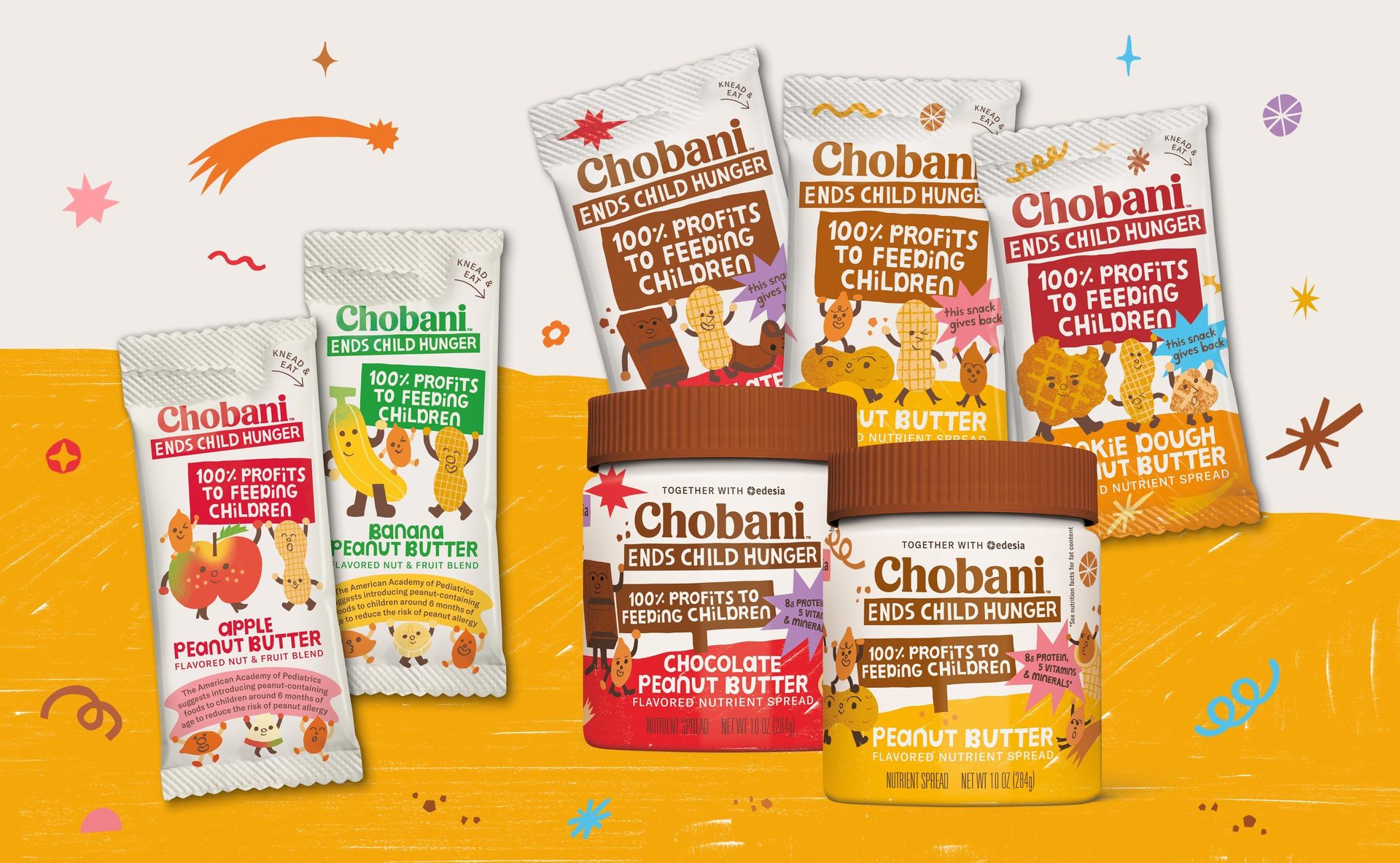
Courtesy of Chobani
New E-Commerce Needs
Today consumers are interested in healthier, less processed foods. In light of the pandemic, the risks of COVID-19 have made consumers more interested in healthier, less processed foods that will boost their immune systems. However, less processed foods mean more food products that will need temperature control, increasing the growth of cold chains. Recently, a MarketsandMarkets report shows that the cold chain market is valued at $4.7 billion in 2021. Furthermore, it’s estimated to reach $10.2 billion by 2026. That’s an expected Compound Annual Growth Rate (CAGR) of 16.6% from 2021 to 2026.
Sobering Statistics
Although alcoholic drinks account for $93 billion of the total $506 billion food and beverage market (see Booze Boom), non-alcohol drinks account for $79 billion. It is projected that the non-alcohol sector growth is expected to reach $160 billion by 2025, compared to the projected $123 billion that alcoholic drinks are expected to reach as non-alcoholic drinks outpace other drinks.
Non-alcohol products have done especially well in e-commerce, as Nielsen found a 315% increase in online non-alcoholic and low-alcoholic beverage dollar sales in the same time. However, the demand has led to a retail first — stores devoted to non-alcoholic spirits. One is Sipple, the first non-alcoholic bottle shop in Texas that opened in October 2021. The following month, Boisson opened in Brooklyn, sharing the same dedication to exclusively alcohol-free beverages.
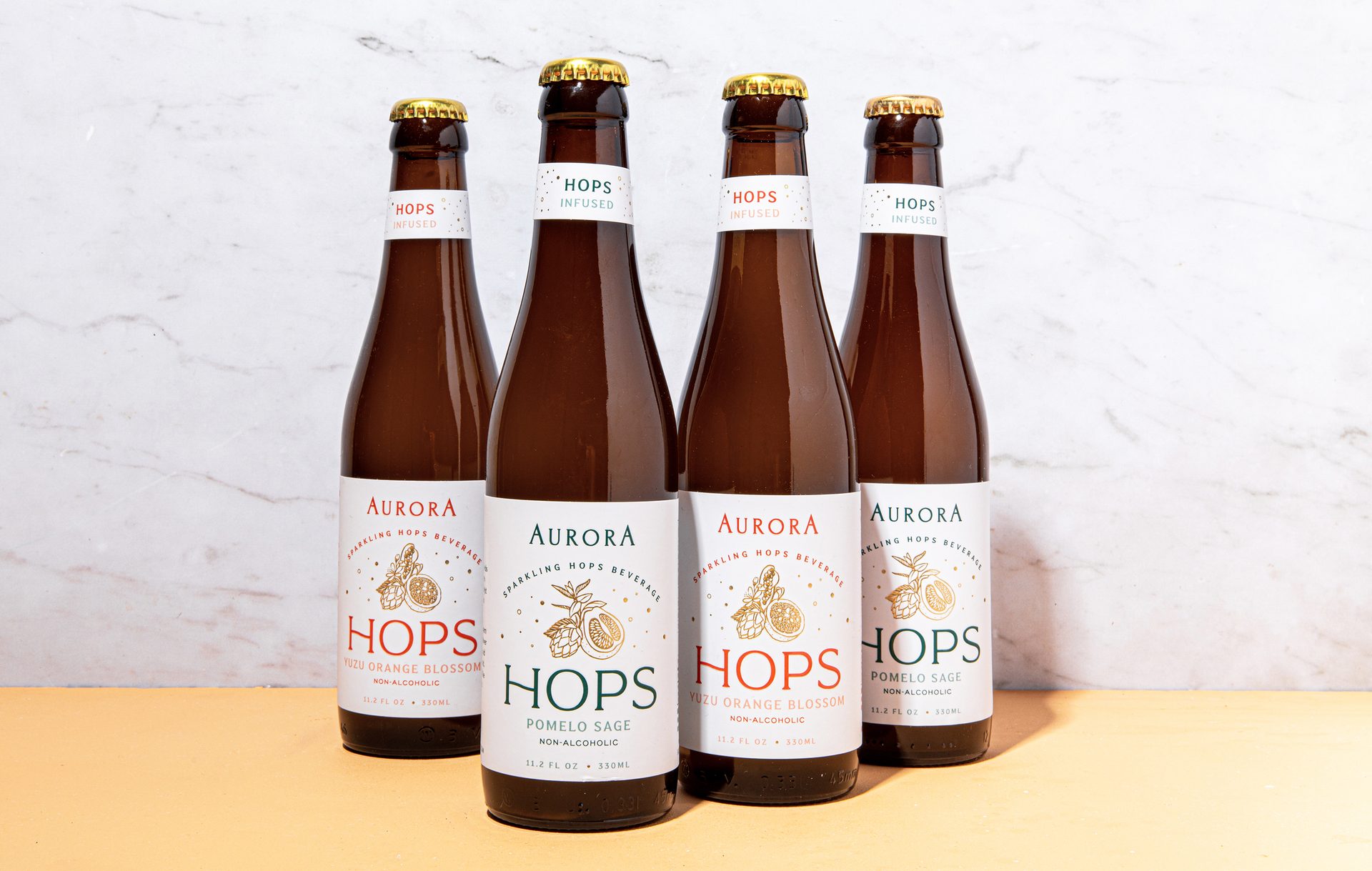
The success of non-alcohol drinks has led to an industry first of retail stores dedicated to the segment.
Courtesy of Aurora
Sustainability Now a Global Demand
Sustainability considerations now influence the majority of the world’s grocery shoppers when buying packaged foods such as potato chips and cookies, according to Cargill’s most recent global FATitudes survey.** The proprietary research finds 55% of consumers indicate they’re more likely to purchase a packaged food item if it includes a sustainability claim, a four-point jump since the company last fielded this research in 2019.
An increased interest in sustainability was the most notable change from the previous survey’s results. More than half of the countries surveyed showed an increase in the influence of sustainability claims, with the change most evident in these countries:
- Brazil and Mexico, which both saw 13 point increases in the purchase impact of sustainability claims between 2019 and 2021. Sustainability claims now drive purchase decisions for 74% of consumers in Brazil and 66% in Mexico.
- India posted double-digit increases, too, with 67% of consumers indicating they were more likely to purchase packaged food with sustainability claims, up 11 points from 2019.
- In the U.K., Cargill found 51% of consumers now say they place a greater emphasis on sustainability, an 8 point jump in just two years.
- U.S. consumers were also more attuned to sustainability claims; 37% indicated they were more likely to purchase packaged food with a sustainability claim, a 6 point increase compared to 2019 results.
For the first time, the survey also asked consumers what type of sustainability claim they were looking for. “Sustainably sourced” and “conservation of natural resources” topped the list, ranking well ahead of more specific claims such as Fair Trade, reduced packaging and fair/living wages in most every country included in the survey.
*Common Tread Food & Beverage Industry: Statistics, Data & Growth

